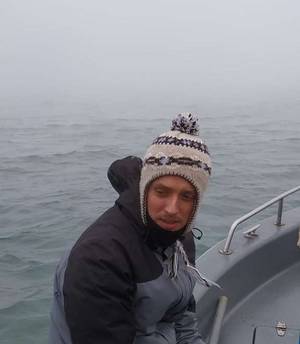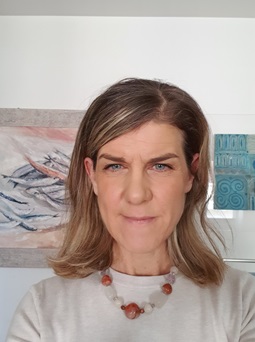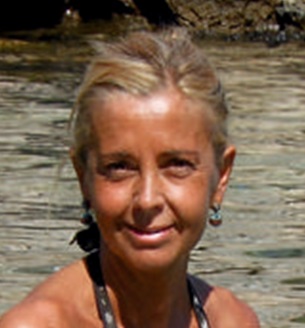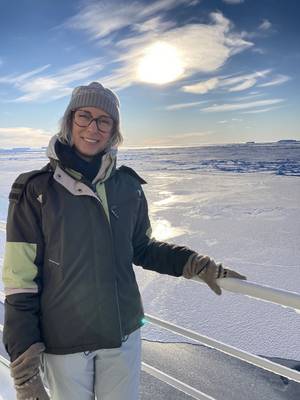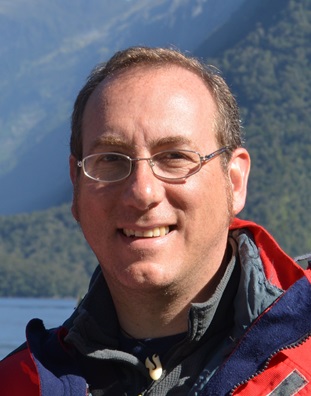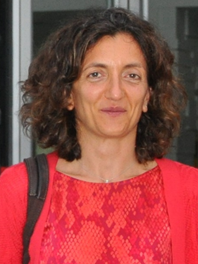
Teachers
Marine Ecology: Patterns and Processes
Experimental Design and Statistical Analysis
Practical Marine Ecology
Ecology and Physiology of Global Changes
Always passionate about the sea, I am recognised as one of the forerunners of the new field of marine urban ecology. My research focuses on designing conservation and restoration strategies in increasingly urbanized marine coastal systems, including consideration of sustainable shoreline protection strategies, coastal and offshore “green” infrastructures and nature-based solutions, aiming to maximise environmental, societal and economic benefits.
Thesis topics at my lab have a strong experimental and field-based focus and include: the study of the vulnerability of coastal marine populations to multiple anthropogenic and climatic stressors; the study of the effects of microplastics on marine organisms and ecosystems; the development and test of methodologies for the restoration of coastal and marine habitats and the evaluation of the ecosystem services enhanced; the development of nature-based solutions for coastal defence and for eco-sustainable applications to marine infrastructure design.
Marine conservation: principles and applications
His research activities focus on:
- ecological modelling in coastal ecosystems (trophic networks, population dynamics of organisms of conservation interest such as elasmobranchs, ecosystem services, etc.) to better understand the effect on them of human pressures, natural variability and climate changes, and to develop effective management strategies;
- biodiversity, ecosystem services and sustainable conservation of habitats of conservation interest in the Venice Lagoon such as salt marshes, through field studies and/or modelling;
- development and demonstration of the efficacy of integrated approaches to nature conservation which are based on the involvement of local stakeholders (see for example www.lifevimine.eu).
For each topic, thesis project proposals are available.
Pharmacology, Toxicology and Welfare in Aquaculture
Reproduction of Fish Species Applied to Aquaculture
The research activity in the aquatic area concerns the evaluation of the welfare of fish and molluscs and the development of reproduction protocols in fish of commercial interest, in order to differentiate the production and to apply selection plans.
The proposed Thesis topics include the assessment of welfare in fish and molluscs, in aquaculture or in experimental conditions.
Pharmacology, Toxicology and Welfare in Aquaculture
The proposed thesis topics include: the evaluation of the toxicological interactions between molecules sharing the same mechanism of action; the detection of delayed and transgenerational toxic effects; the assessment of embryonic toxicity.
Seafood, sustainability, production and control
Associate professor at the Department of Comparative Biomedicine and Food science University of Padua. He works on research topics related to the control, hygiene and safety of products of animal origin. The main research lines followed can be summarized in: food microbiology (study of foodborne pathogen and spoilers), rapid methods for fraud detection in seafood products and alternative technologies for preserving food (use of vegetable products as preservatives). Thesis within these topics are available on these topics.
Marine biodiversity
Life cycles and adaptations of marine organisms
Practical marine ecology
Researches are focused on the study of life history traits and behavioural ecology of commercial fish species (elasmobranchs and teleosts) with the aim to contribute to the development of specific and effective management strategies.
Thesis topics include the study of the interaction between elasmobranchs and professional and recreational fishery, the space use and reproductive behaviours of sharks and rays, biological traits of elasmobranchs and teleosts, reproductive biology of lagoon fish species.
Marine biodiversity
Life cycles and adaptations of marine organisms
Research activities are surveys on the biodiversity of photosynthetic organisms (cyanobacteria, microalgae, and macroalgae) through morphological, ultrastructural, biochemical and molecular approaches. In particular, the main research fields involve:
- surveys on non-indigenous taxa recently introduced in the Adriatic Sea through DNA barcoding approach;
- investigations on photoautotrophic organisms living in extreme environments (e.g. Antarctica) and their adaptive strategies;
- effects of xenobiotics on microalgae and macroalgae;
- surveys on phytoplankton of different environments.
Thesis topics are connected to the listed above research fields.
Molecular methods for management and aquaculture
My research and the topics for the lab experience I offer to master students focus on the evolution of species and populations of Antarctic fish, on the conservation and management of marine organisms of commercial interest, and on the impact of environmental changes on genetic diversity and population connectivity. If you want to know more, please visit my website: https://chiarapapetti.wixsite.com/papettilab.
Life cycles and adaptations of marine organisms
Ecology and physiology of global changes
The research activities focus on the physiological responses that animal organisms implement when exposed to environmental stress conditions, both natural and anthropic, with particular reference to molecular adaptations against the risk of oxidative stress.
The proposed thesis topics include studies on anti-stress proteins in Antarctic fish and molluscs and in Mediterranean tunicates, in an evolutionary and ecotoxicological key.
Seafood, sustainability, production and control
Associate Professor at the Department of Comparative Biomedicine and Food Science, University of Padova. She works in collaboration with Italian and foreign researchers within different topics in poultry and rabbit science and aquaculture. Most recent topics in this latter field include mollusc production and quality, alternatives to fish meals and oils in fish feeding, welfare, freshness, nutritional quality and safety (PCBs and heavy metals) of fish under different production systems, and development of aquaponics systems. Thesis within these topics are available for students upon request in collaboration with other Italian and foreign partners.




